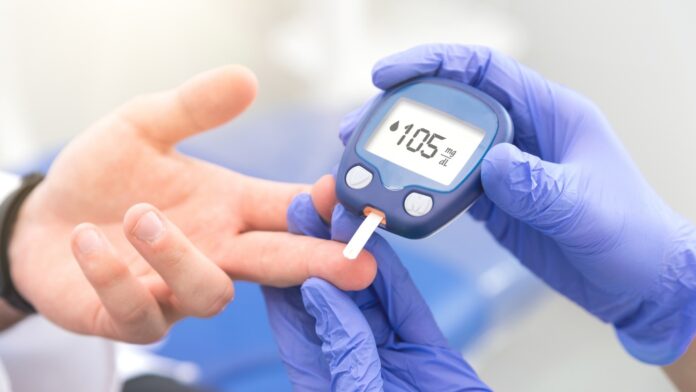Nerve damage, or neuropathy, is a common complication of diabetes. If you have diabetes, it’s crucial to be aware of the symptoms of neuropathy so you can seek treatment promptly. Here are some signs and symptoms indicating nerve damage in diabetes that should not be ignored:
1. Numbness and Tingling
- Feet and Hands: A common early sign is numbness or tingling in the extremities, particularly in the feet and hands. This can feel like a “pins and needles” sensation.
2. Burning Pain
- Extremities: A burning or sharp pain, often in the feet, can indicate nerve damage. This pain can worsen at night.
3. Sensitivity to Touch
- Heightened Sensitivity: Even a light touch can cause pain. This condition is known as allodynia.
4. Muscle Weakness
- Loss of Strength: Muscle weakness, particularly in the legs, can occur due to nerve damage affecting motor functions.
5. Loss of Balance and Coordination
- Instability: Damage to the nerves can affect your balance and coordination, increasing the risk of falls.
6. Digestive Issues
- Gastroparesis: Nerve damage can slow the movement of food through the digestive tract, leading to symptoms like nausea, vomiting, bloating, and loss of appetite.
7. Changes in Heart Rate and Blood Pressure
- Autonomic Neuropathy: Nerve damage affecting the autonomic nervous system can cause irregular heart rates and blood pressure changes, leading to dizziness or fainting when standing up.
8. Sexual Dysfunction
- Erectile Dysfunction in Men: Nerve damage can cause erectile dysfunction.
- Vaginal Dryness in Women: Nerve damage can lead to sexual dysfunction, including vaginal dryness.
9. Bladder Problems
- Urinary Retention: Difficulty in emptying the bladder completely or experiencing incontinence.
10. Foot Ulcers and Infections
- Poor Healing: Nerve damage can result in reduced sensation, making it easier to overlook injuries or infections. This can lead to ulcers and poor wound healing, particularly in the feet.
11. Sudden Drops in Blood Sugar Levels
- Hypoglycemia Unawareness: Some people may not feel the typical symptoms of low blood sugar, which can be dangerous.
Management and Prevention
- Regular Monitoring: Keep your blood sugar levels within the target range.
- Foot Care: Check your feet daily for cuts, sores, or other problems.
- Healthy Lifestyle: Maintain a healthy diet, exercise regularly, and avoid smoking.
- Medications: Use medications as prescribed by your healthcare provider to manage blood sugar levels and alleviate neuropathic pain.
- Regular Check-ups: Visit your healthcare provider regularly for check-ups and screenings for neuropathy.
If you experience any of these symptoms, contact your healthcare provider immediately. Early detection and management of diabetic neuropathy can help prevent serious complications.



